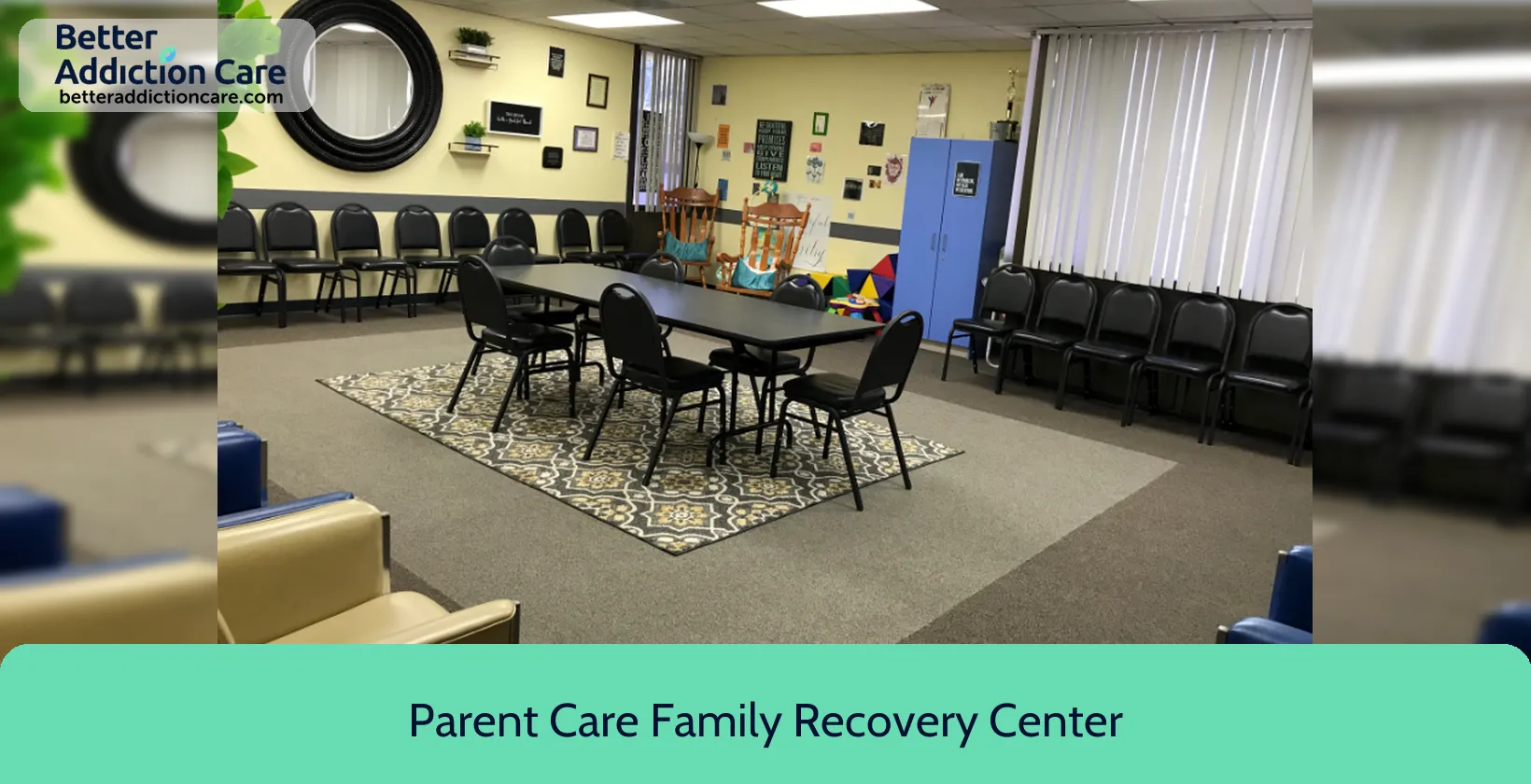Vista Hill Foundation - Parent Care

Overview
Vista Hill Foundation - Parent Care is a substance abuse treatment center for people seeking treatment near San Diego County. As part of their treatment modalities for recovery, Vista Hill Foundation - Parent Care provides 12-step facilitation, group counseling, and trauma-related counseling during treatment. Vista Hill Foundation - Parent Care is located in San Diego, California, accepting cash or self-payment for treatment.
Vista Hill Foundation - Parent Care at a Glance
Payment Options
- Cash or self-payment
- State-financed health insurance plan other than Medicaid
- Sliding fee scale (fee is based on income and other factors)
Assessments
- Comprehensive mental health assessment
- Comprehensive substance use assessment
Age Groups
- Adults
- Young adults
- Children/adolescents
Operation
- Private non-profit organization
Highlights About Vista Hill Foundation - Parent Care
6.74/10
With an overall rating of 6.74/10, this facility has following balanced range of services. Alcohol Rehabilitation: 8.00/10, Drug Rehab and Detox: 6.00/10, Insurance and Payments: 6.00/10, Treatment Options: 6.97/10.-
Alcohol Rehabilitation 8.00
-
Treatment Options 6.97
-
Drug Rehab and Detox 6.00
-
Insurance and Payments 6.00
Treatment At Vista Hill Foundation - Parent Care
Treatment Conditions
- Mental health treatment
- Alcoholism
- Opioid Addiction
- Substance use treatment
- Co-occurring Disorders
Care Levels
- Intensive outpatient treatment
- Detoxification
- Aftercare
- Outpatient
Treatment Modalities
- 12-step facilitation
- Group counseling
- Trauma-related counseling
- Individual psychotherapy
- Family counseling
Ancillary Services
Languages
- Spanish
Special Programs
- Clients with HIV or AIDS
- Pregnant/postpartum women
- Clients who have experienced trauma

Additional Locations
Common Questions About Vista Hill Foundation - Parent Care
Contact Information
Read our Most Recent Article About Drug Addiction
DISCLAIMER: The facility name, logo and brand are the property and registered trademarks of Vista Hill Foundation - Parent Care, and are being used for identification and informational purposes only. Use of these names, logos and brands shall not imply endorsement. BetterAddictionCare.com is not affiliated with or sponsored by Vista Hill Foundation - Parent Care.









